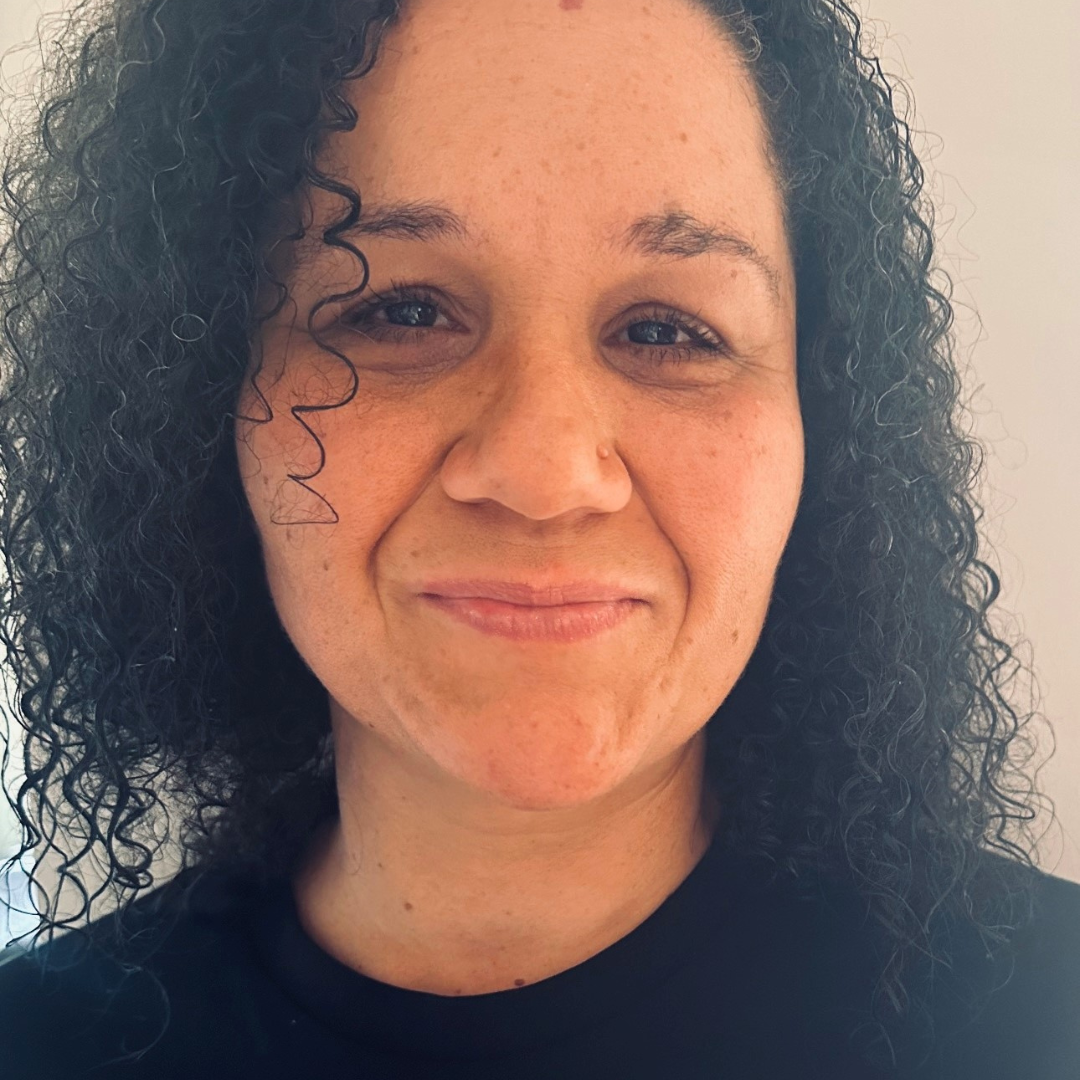Is Your Care Plan Up to Scratch?
Disability Care Plans. What are they and why are they so important
Is Your Care Plan Up to Scratch?
To get the most out of your supports it is important to make sure your care plan is comprehensive and covers your needs and wants.
Anyone who is receiving
NDIS, or
aged care services has probably heard of a care plan, they are mandatory for all providers to develop one. But did you know that the quality-of-care plans can vary dramatically?
In this article, we’ll give a brief overview of what a comprehensive care plan is, why it is an important tool for helping to deliver high-quality nursing and disability support, and most importantly, how you can feel informed and in control of your care plan.
What is a Care Plan?
Put simply, a care plan is a document that guides the care and supports for an individual. Each plan is unique to the individual and should be reviewed regularly.
The plan centres around a participant’s functional ability and medical needs and will include insight into a participant’s likes/dislikes as well as specific activities around manual handling.
A comprehensive care plan further details a participant’s needs, as well as their views, preferences, aspirations and future wellbeing. It outlines all supports available including who is responsible for each element of support.
Getting a qualified health professional, like a registered nurse, to create the care plan will help ensure it is comprehensive. They also have the skills and experience to highlight gaps in education/training for both the participant and those providing support and help guide on ways to close the gaps.
A Care Plan Might Include
- The participant’s name, date of birth, address and identifying details
- Medical and disability related details
- The goals, views and preferences of the person receiving support
- Key support needs (ie. meal preparation, social support, in-home nursing, personal care)
- A detailed description of how support needs will be addressed. Such as a roster of care, which staff will provide each service and how long will be allocated to each visit
- Risk assessment and emergency procedures. Any risk issues will be clearly identified (ie. medical issues, falls risk, vulnerable to exploitation, prone to wandering), with an action plan to deal with each one
- Key contacts, like next of kin, GP, close friends and other involved services
- Appointments
- Medication lists
- Communication preferences and supports
- Allied health plans/medical plans i.e. bowel management, diabetes management, epilepsy management, PBSP
- A record of when the plan has been created, reviewed and modified. The staff member responsible for managing the plan should also be noted
Why Is a Comprehensive Care Plan Important?
Care plans guide anyone who provides support for a participant - including new carers, support workers, nurses and anyone who may be filling in.
They can access them at the start of every shift and quickly gain a much better understanding of the care/support they are to provide. This means everyone who supports the participant is well informed and offers the best possible quality of care that is consistent and most importantly delivered in a way that best suits the participant.
That is why a comprehensive and well documented care plan is essential for delivering a high level of care.
How to Feel in Control of Your Care Plan
You should be involved in the development of your care plan. If you are unsure or not clear, below is some tips to help you feel better informed.
- If you are unsure of something, ask! Your provider will be able to clarify anything in your plan and even review and amend it if required
- Get a copy of your care plan. Everyone is entitled to a copy of their care plan. In many cases, it will be kept in a file your provider stores in your home.
- Attend plan reviews. If you can’t or don’t want to attend the planning meeting in person, consider having a phone meeting or asking a support person to represent you.
- Get clear on your goals. Being clear and assertive about your goals will help your provider tailor a plan specific to your needs. Remember, it is your plan, so don't be shy about saying what you want.
The NNA Direct Support Services Approach to Care Planning
At NNA Direct Support Services, we offer comprehensive care plans for participants. We work with each participant (or their advocate) to ensure the plan is inclusive, personal and is an expression of how a participant wishes to receive support.
The level of support required determines the information required in a plan. For example, if a participant only requires 2 hours of support per week, their care plan may not be as in depth as a participant receiving 100 hours per week.
That being said, if a participant wants a more comprehensive care plan, our nursing services can offer this service.
An NNA Direct Support Service comprehensive plan will:
- Highlight any health concerns which might be impacted by disability or the reverse.
- Include details of health appointments/hospital visits and to any allied health intervention programs.
- Act as a preventative measure to avoid additional problems and limits disparities in health outcomes.
- Helps provide high-quality care to all participants, ensuring that they are included in their care planning and that all their needs are met.
- Document every detail so that if someone needed to step in and support a participant, they would have absolutely everything they require to deliver outstanding support.
If you are wanting to learn more about our support services, please contact us.












